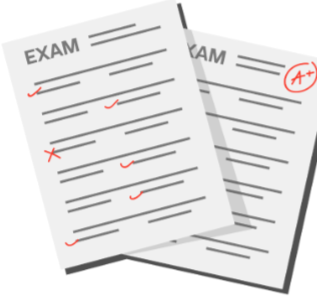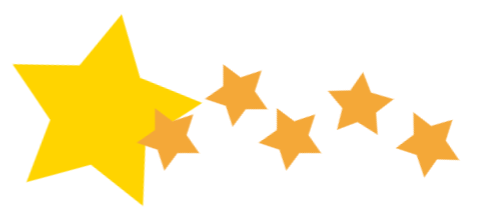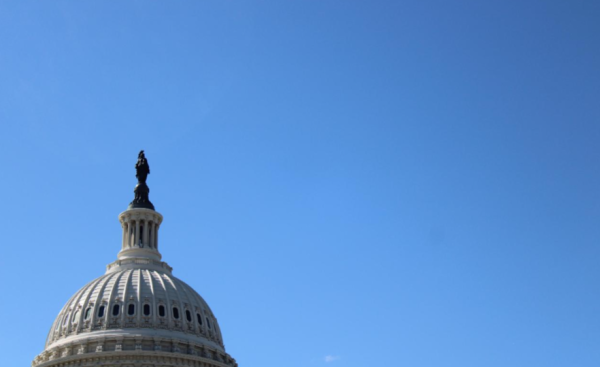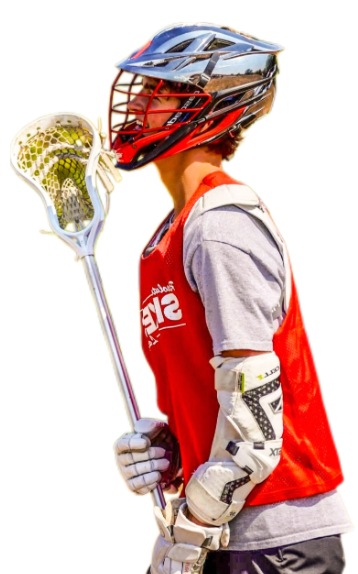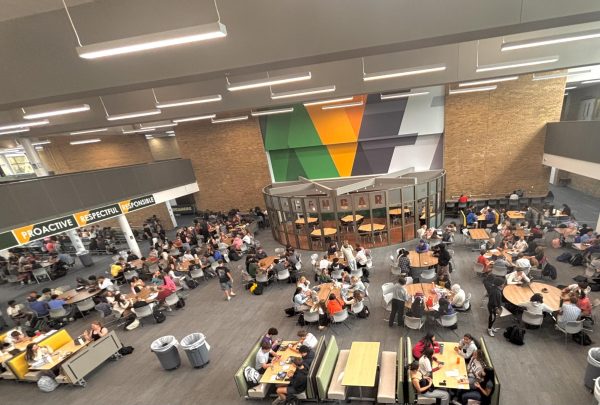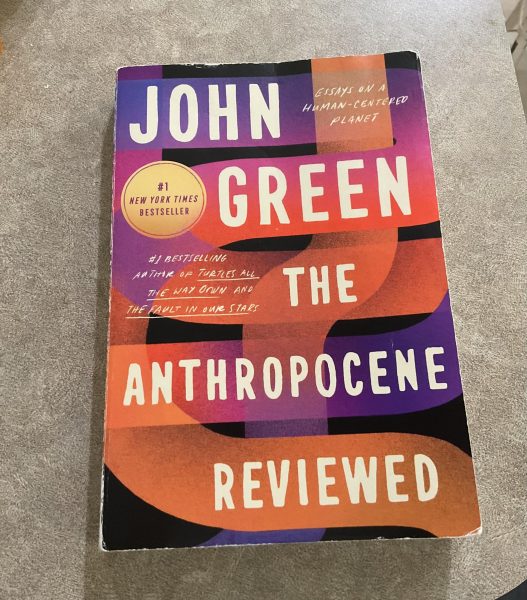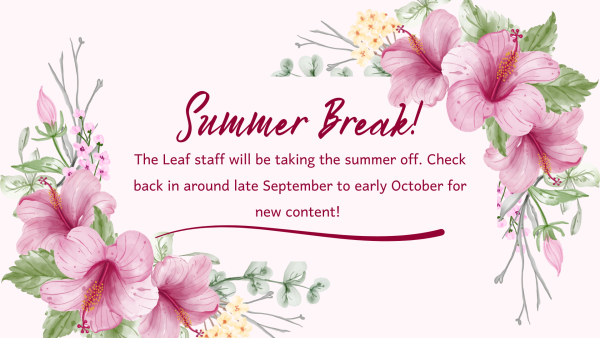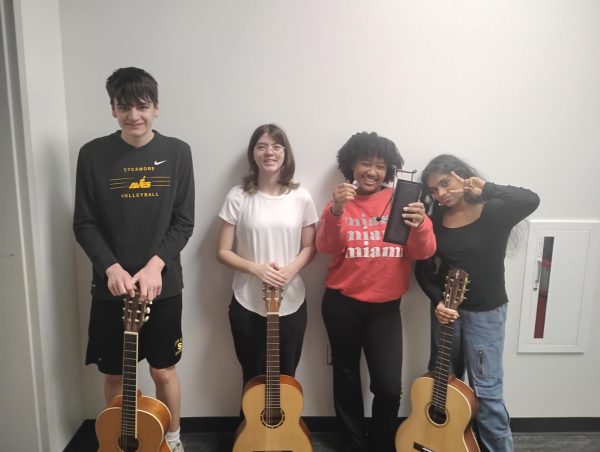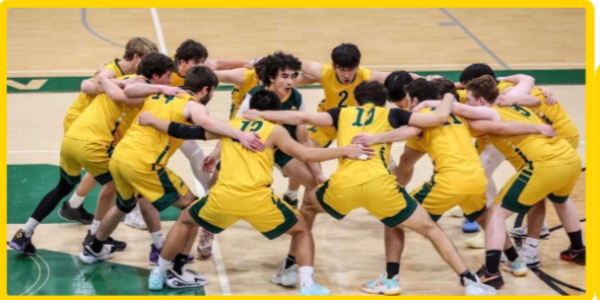The Right to Read and Learn
A closer look at educational censorship in Ohio
BOOKBANNING. We have all heard of the efforts to ban books sweeping the U.S. education system. Books such as “The Kite Runner”, “Maus”, and “To Kill a Mockingbird”—pillars of the U.S. education system, all of which depict grim and heartbreaking times in history, such as the Holocaust and the Jim Crow era—are being challenged in schools around the nation. And book banning, something that I thought only occurred in movies like “Footloose”, has only gotten closer and closer to Ohio.
We have all heard of the efforts to ban books sweeping the U.S. education system. Books such as “The Kite Runner”, “Maus”, and “To Kill a Mockingbird”—pillars of the U.S. education system, all of which depict grim and heartbreaking times in history, such as the Holocaust and the Jim Crow era—are being challenged in schools around the nation. And book banning, something that I thought only occurred in movies like “Footloose”, has only gotten closer and closer to Ohio.
Books addressing racism, racial injustice, or sexuality, commonly written by Black American, POC, or LGBTQIA+ authors, are being debated by parents who do not want their children exposed to these controversial topics at school. These parents are vocalizing their opinions to school boards and librarians, which has resulted in states completely banning many books.
For example, “The Hate U Give”, written by Angie Thomas, recently appeared on the American Library Association’s (ALA) Top Ten Banned Books of the Year list. This novel examines the way society has implemented systematic racism to justify violence toward Black Americans, and the struggles of being Black in a majority White school. After its rise in popularity, this book was then banned at the behest of parents who deemed the book as “promot[ing] an anti-police message,” according to the ALA. What was previously seen as a highly educational and necessary book for the time we are living in was quickly banned for being interpreted as promoting an idea that some parents disagreed with.
In 2021, book banning levels reached a record high, with the ALA tracking over 729 challenges to schools and libraries in attempts to remove controversial books from their shelves. This number seems only to continue to rise, with some news sites creating a ‘banned books of the week’ tracker and the creation of Banned Books Week.
This is nothing new for the American school system, however, the highly political aspect of it is a new challenge that will prove influential for local elections to come. As these debates have risen between parents and schools, politicians and lawmakers have started getting involved. Some librarians have even started being criminally prosecuted for allowing all types of “controversial” reading material in their libraries, something that would have previously seemed unthinkable.
In Wyoming, librarians at the Campbell County Public Library faced criminal charges for “’disseminating obscene material to minors,’ via LGBTQIA+ related materials present in the library collection,” according to The Office for Intellectual Freedom of the American Library Association. This is the aspect of book banning that is starting to affect Ohio the most.
With the introduction of House Bill 327, House Bill 322, and House Bill 616 in The Ohio House of Representatives, the censorship of information and books is hitting closer to home. These bills are currently working their way through the house, in the process of becoming legal.
HB 327 states that “No school district shall teach, instruct, or train any divisive concepts.” It then lists many deemed ‘divisive concepts’, including race, sexuality, nationality, and ethnicity, and then continues to discourage teachers from giving students the opportunity to share their experiences with any of these topics; additionally, it restricts discussions on the U.S.’s ugly past of racism and sexism.
HB 616 is the Ohio version of Florida’s ‘Don’t Say Gay Bill’. It would prohibit “any curriculum or instructional materials on sexual orientation or gender identity” until 3rd grade when students would be able to have “developmentally appropriate” discussions that were approved by legislators. It is also similar to HB 327 in its restriction of teaching “divisive concepts”. This bill is more restrictive, however, as it bans “instructional materials” on gender identity and sexuality. This would possibly include taking books that discuss these topics out of school libraries, offering less exposure and education to students who need to learn about these topics.
Another bill, HB 322, discourages the teaching of “current events or widely debated and currently controversial issues of public policy or social affairs,” as well as discouraging discussions on “the systemic nature of racism, or like ideas, or in the multiplicity or fluidity of gender identities, or like ideas” if it deviates from the teacher’s philosophical or religious views. Essentially, if part of the curriculum is not supported by the teacher, they can opt to not teach that subject to their students. It also would prohibit teachers from providing course credits for advocating for any of these issues listed above.
To clarify, some of these bills do contain what I believe to be some solid points, not mentioned, aimed to improve discussions on modern topics as well as discussions on discrimination. However, they grossly limit the teaching of several important topics that all students need a complete history of in order to improve themselves, be properly informed, and not repeat history.
Ohio Representative Casey Weinstein went into further detail, stating, “This is an issue that I think is absolutely critical that we educate our kids on. When we start backing away from the reality of what that was, we’re no longer educating about the Holocaust or genocide or war and the true impacts of that.” A full explanation, complete with the upsetting details, needs to be given to all students, who can then form their own opinions on the subject matter.
While I could go on and on about the serious changes that do need to be made to these bills, the way it pertains most to the censorship going on in society is in its attempt to limit students’ freedom to learn and read.
The entire point of education is to expose students to multiple perspectives, from those who have different experiences than you. How can we be expected to form educated opinions when we start restricting materials that have views different than our own? Even if you do not agree with the material and are strongly against your child reading it, communicate and tell them that. However, taking that opportunity away from other students is cheating them of their own education, and the right to read and believe whatever they want.
I can attest to the fact that there are some books and ideas that I do not agree with. However, reading, listening, and being exposed to them have only strengthened my arguments and expanded my field of vision. Allowing other people to read and discuss these might also change their mindset on that topic. They can fuel debates, in which both sides are forced to look at all of the facts.
Our history and experiences should not be sugarcoated—they should be the hard truth of our society. Taking away books and prohibiting teachers from teaching certain ‘controversial’ topics is taking away our freedom of expression. You can learn from every book, and no one person should be able to deem something inappropriate to society. Neither government, nor anybody for that matter, should not be allowed to regulate what can and can not be said or taught.
Your donation will support the student journalists of Sycamore High School. Your contribution will allow us to purchase equipment and cover our annual website hosting costs.




